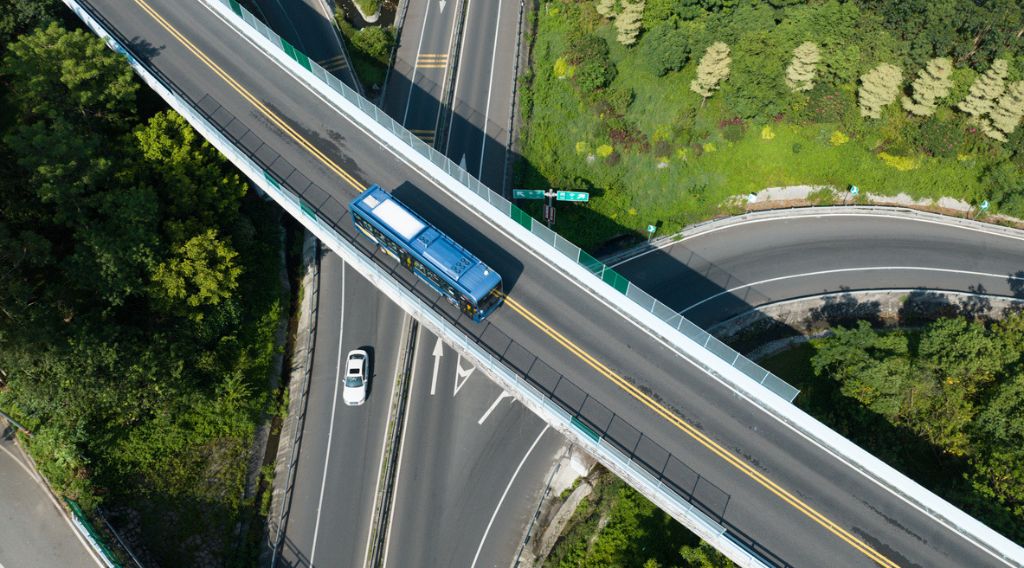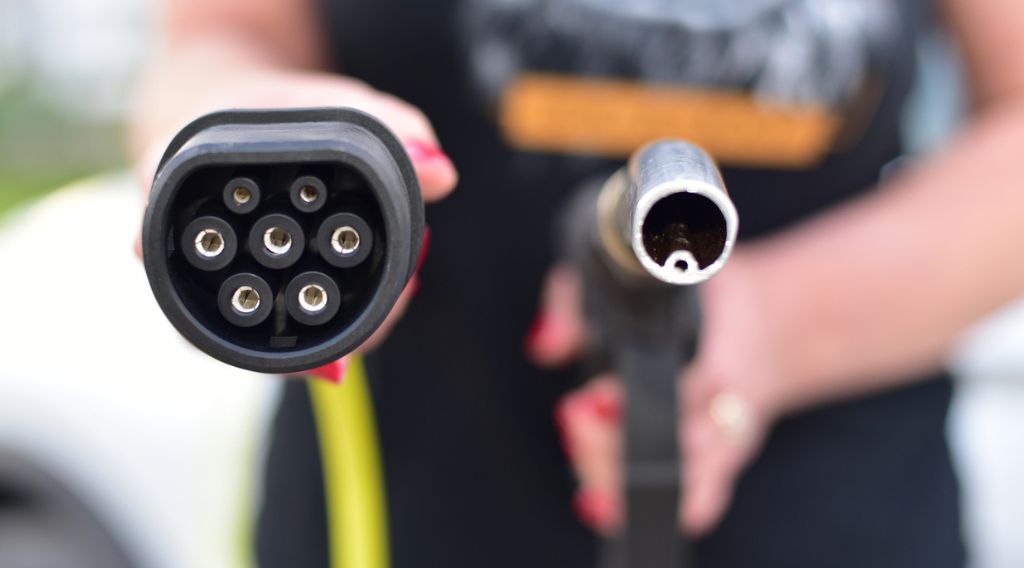
Last week, I had the pleasure to present at MPR’s “Minnesota’s Iron Range Ideas for the Future.” Fluctuations in economic cycles are not new and with each iteration of hard times comes an opportunity to innovate and move forward. I’m the lead facilitator of the Bioeconomy Coalition of Minnesota and I would like to share with you an opportunity for building a brand new industry in the Iron Range: sustainable biobased products from wood.
We all know that the Iron Range has iron. Well, it also has wood. The Minnesota forest products is a $9 billion industry, with over 36,000 jobs and $1.5 billion in wages. Much of that impact is felt up North. Although the industry is stable, the state’s timber harvest is down 1/3 from its peak level. Within the past 10 years, numerous mills have closed resulting in loss of jobs throughout northern MN. And there are challenges on the horizon – declining paper demand, global shifts in commodity markets, energy costs, etc. Trying times give rise to opportunity, and the iron range is ripe to take advantage of an exciting new industry.
But let me briefly digress – and talk about oil. Look around you; we are surrounded by products made from oil: your clothing, bottles, the interior of your car, parts of your phone. What if we could make everything we now make from oil, from plants instead? After all, oil is just really really old plants. Let’s imagine a world where all those things around you are biobased. USDA estimates that biobased chemicals could be worth about $500 billion worldwide by 2025. That is the big opportunity for the Iron Range – to be at the center of this emerging new bioeconomy.
A Global Effort with MASSIVE potential for Minnesota
Let’s talk about some specific examples. An entrepreneur, microbiologist, and “bug whisperer” in Duluth has developed a technology for teasing out new molecules from microbes. That is a company that could scale up on the Range. There is a common material called a plasticizer. It makes plastic more flexible – think of fake leather upholstery. Plasticizer off-gases releasing particles into the air around you – well, that’s new car smell. Plasticizer has been shown to have a negative impact on human health. We have a start-up company in Minnesota developing a non-toxic biobased alternative that could be made from wood. Plasticizers are a $19 billion market. A company called Sweetwater has announced a $50 million dollar facility in Mountain Iron, MN to produce biobased chemicals and fuels from wood. Biobased products is truly a global effort with large multinationals like Coke, Ford, Nike, Proctor and Gamble forming a consortium and working to build a biobased plastic that could replace bottles, packaging, fibers, and fabrics. A consortium of the largest airlines in the world is committing to producing a high performing, low carbon, biobased jet fuel.
What does this all mean for the Iron Range? Well, the Iron Range has all the ingredients in place to be the world leader in the emerging bioeconomy. We have wood, we have loggers, we have existing industries, we have research and development, we have entrepreneurs and start-up companies, we have the workforce, and we have a supportive policy frameworks. Our challenge is getting beyond lab coats and test tubes and move to commercial-scale projects. This is where the Iron Range has an edge, because the Range knows how to build things.
So what should we do?
We need to attract companies in this space; MN is competing with other regions to develop this industry and we need to market ourselves (we need to resist our Midwestern humility and talk about how great we are for this industry). We need to build the pipeline of new companies by working with our research community. There is a good public policy rationale for public investment in new technology that is in the public interest.
Whether it’s competing for new investments or keeping existing operations strong, we need to have the underlying economic fundamentals right, including competitive energy costs, an educated and productive workforce, a robust transportation infrastructure etc.
Finally – let’s embrace the Silicon Valley mantra of fail fast and apply it to economic development. There is inherent risk in new technology, it must be recognized that not every project will succeed, and a company failure is not evidence of a failed strategy.
The only way we’ll succeed is by working together – environmental community, forestry, agriculture, research, state agencies, and financial community. The road to success is collaboration – together we can make Minnesota the best place in the world to produce sustainable biobased products from wood.
A big thank you to MPR, Cathy Wurzer, Dan Kraker and my fellow panelists. Listen to all the fresh takes on renewing the vibrancy and stability of Iron Range communities @ http://www.mprnews.org


